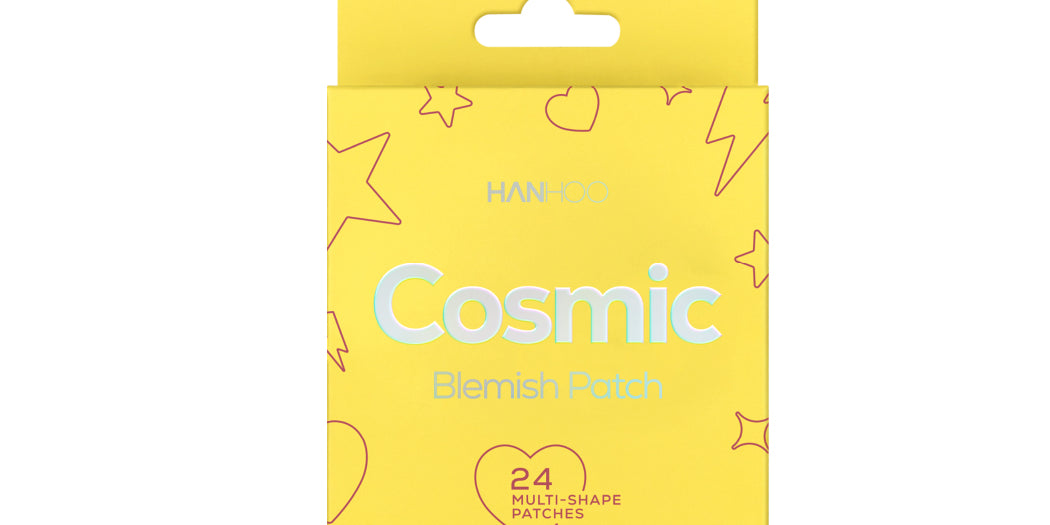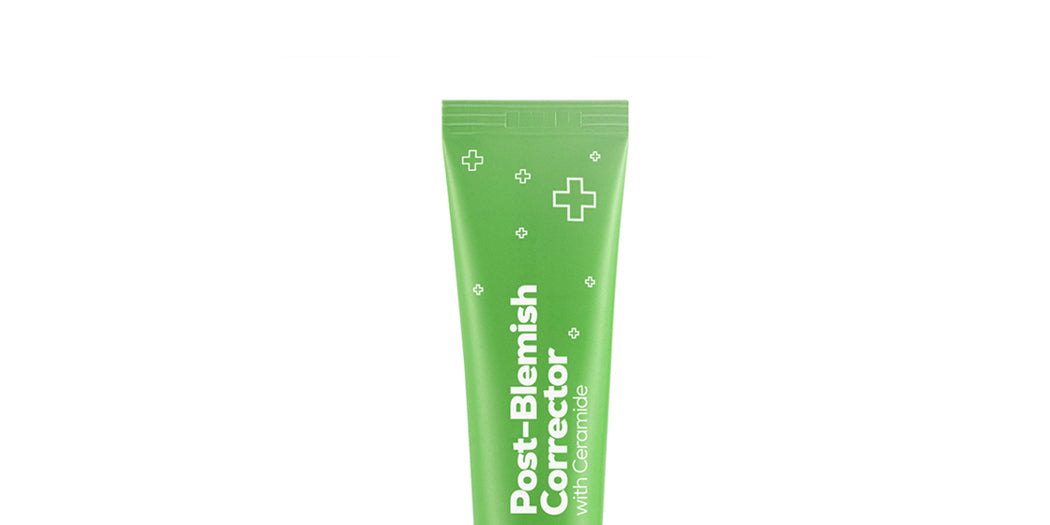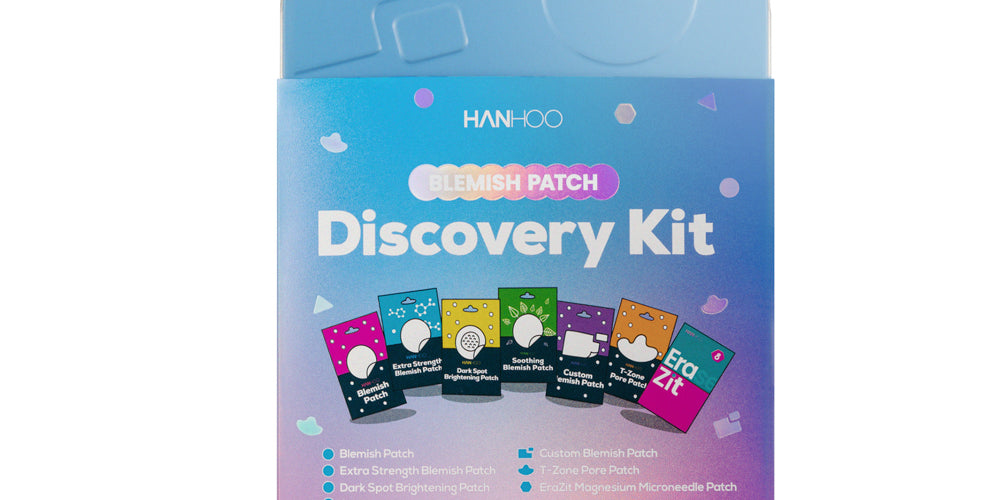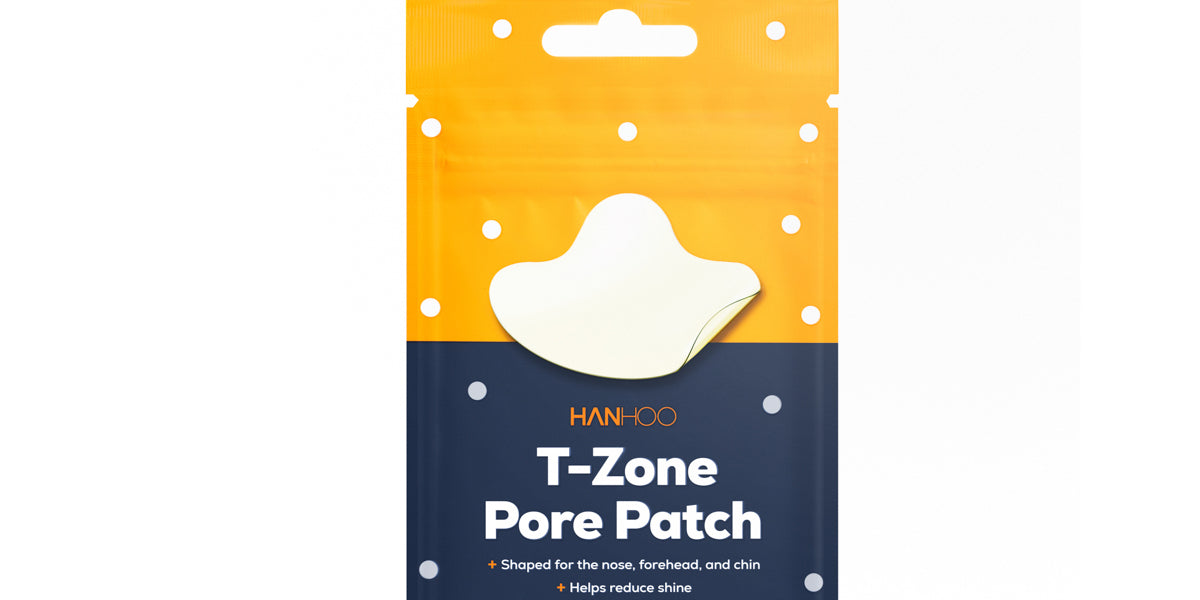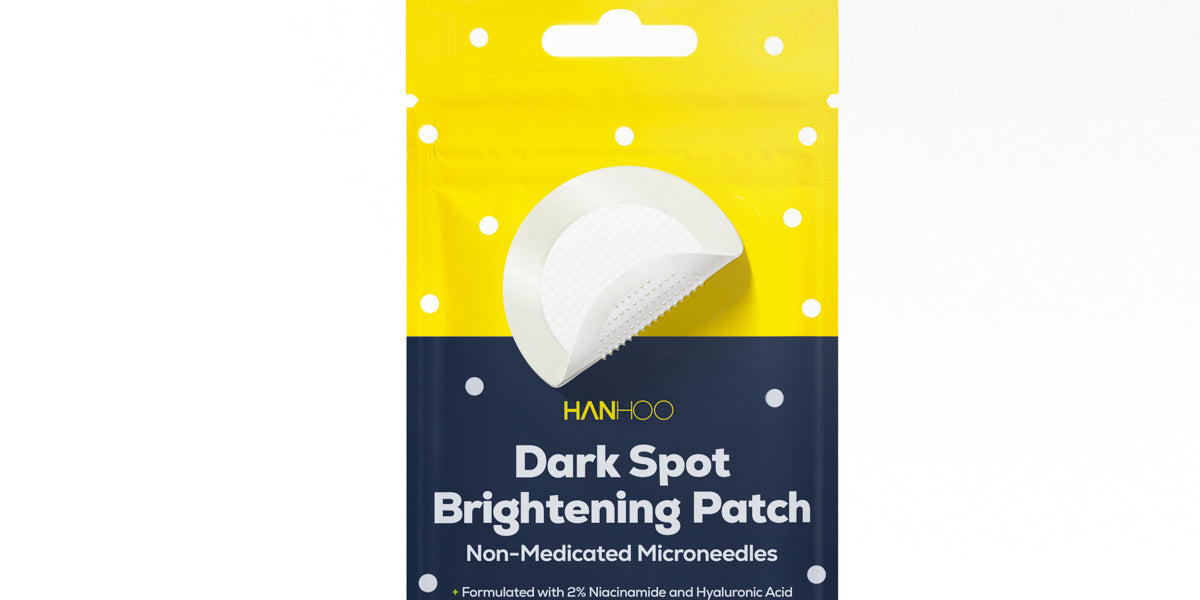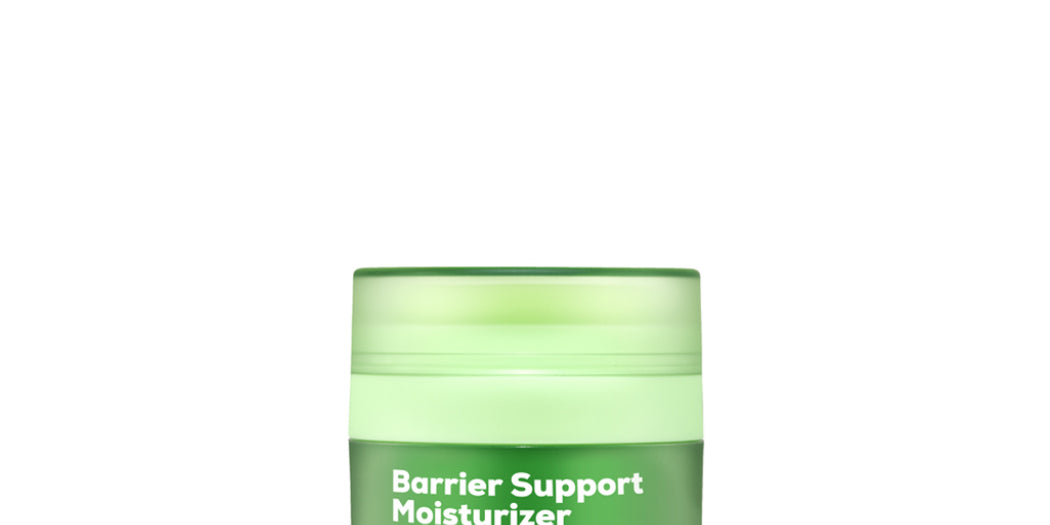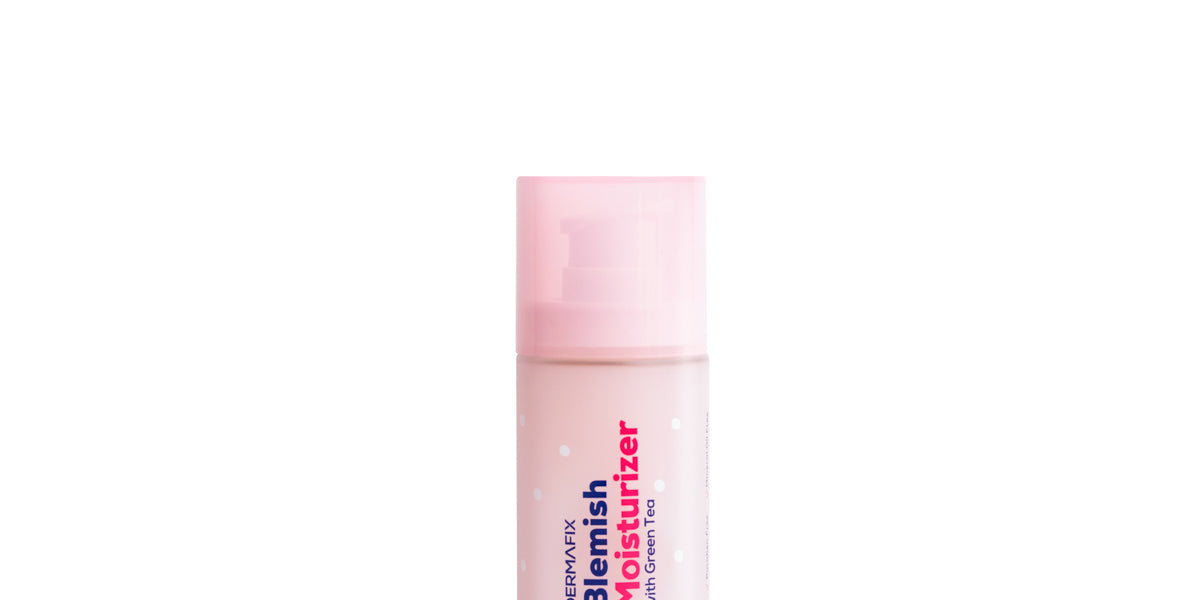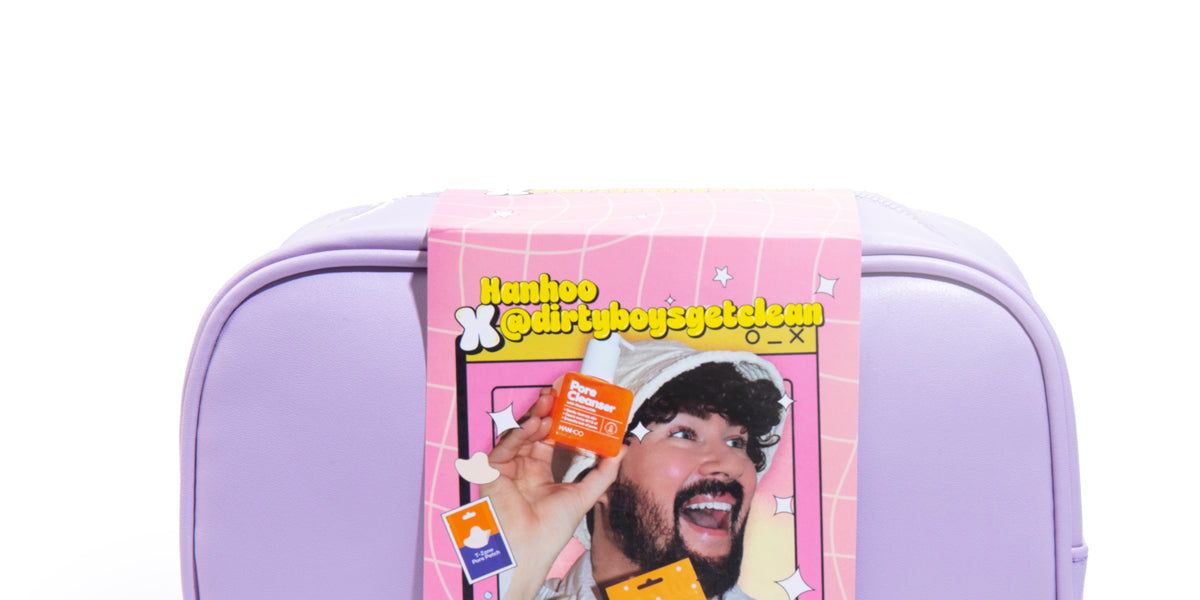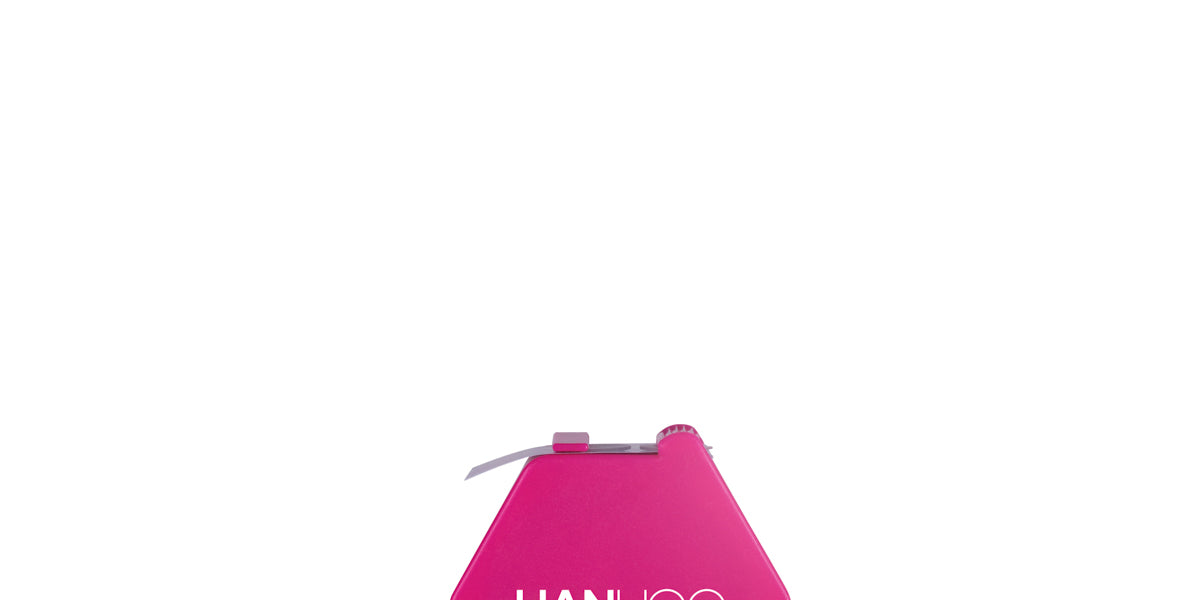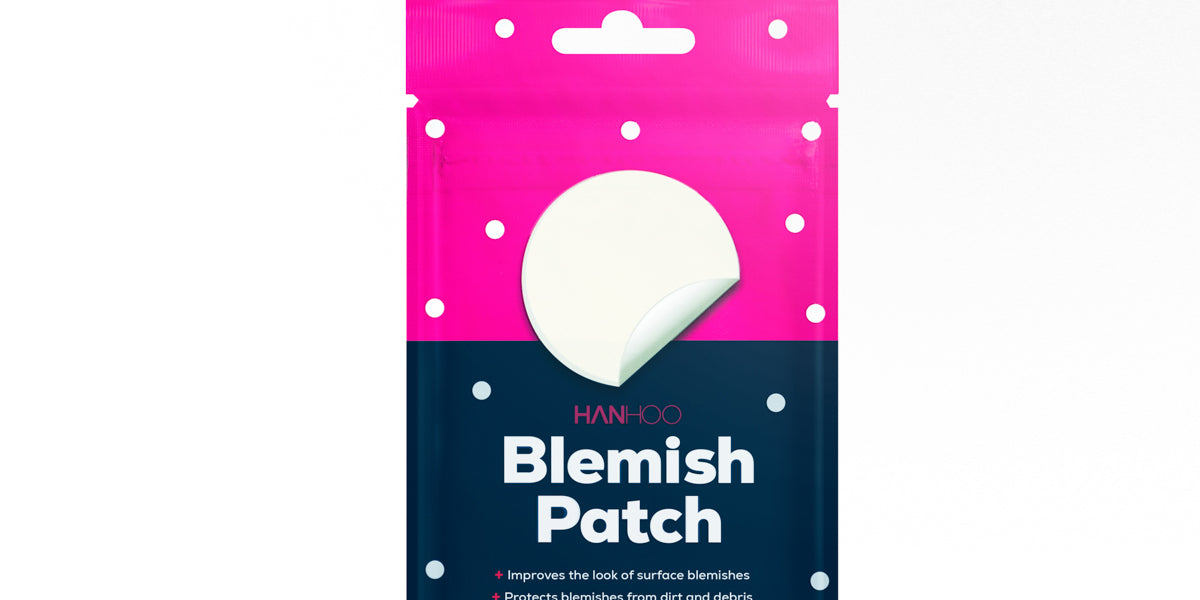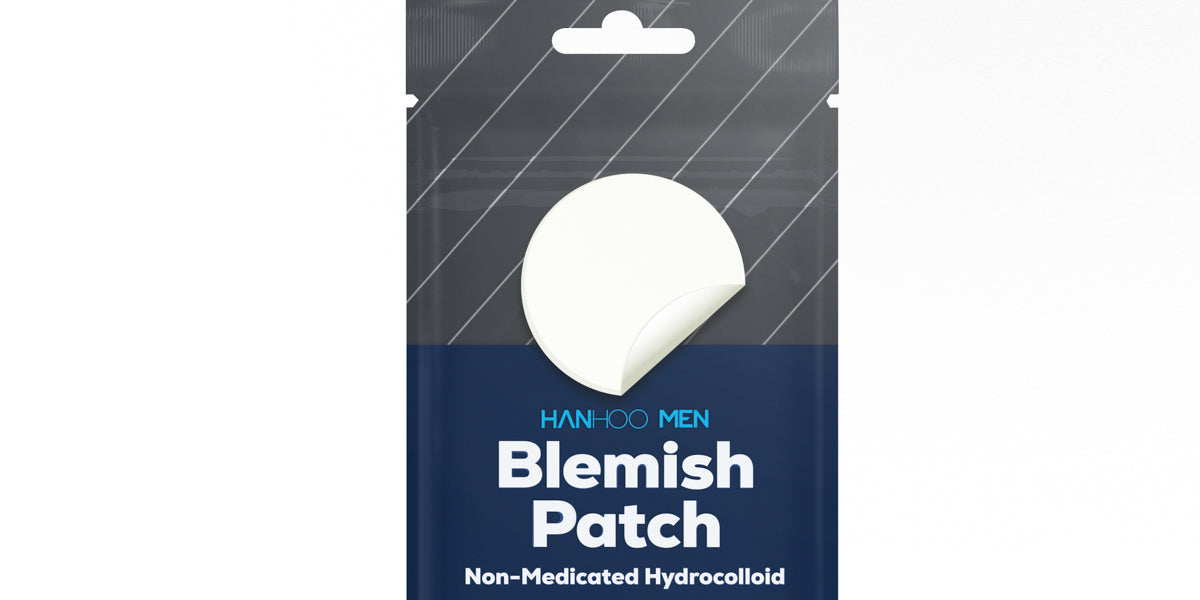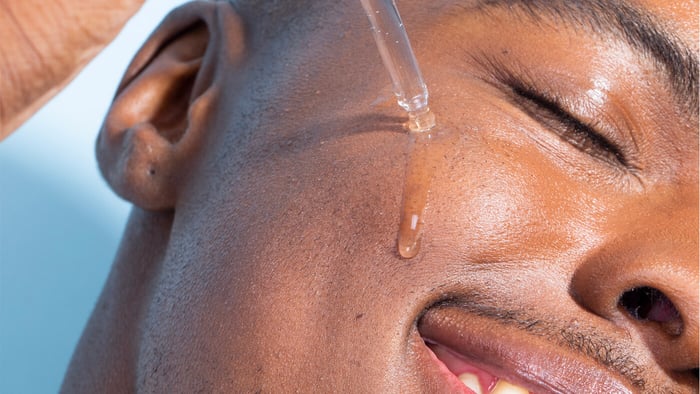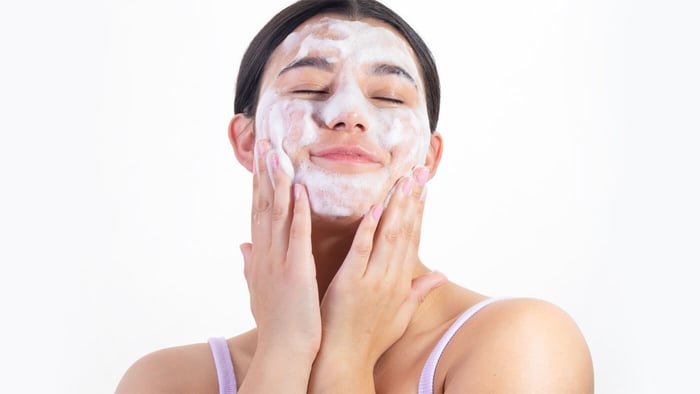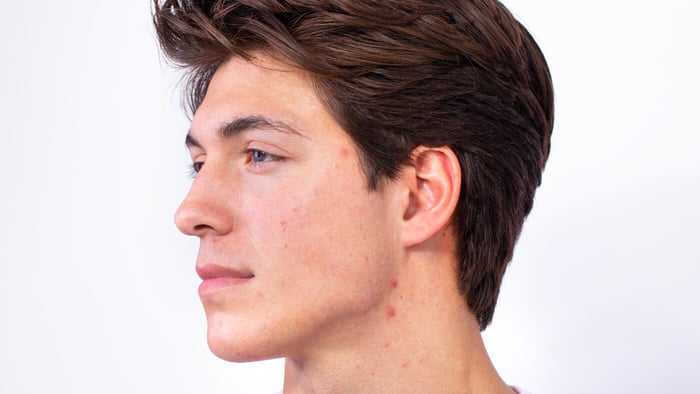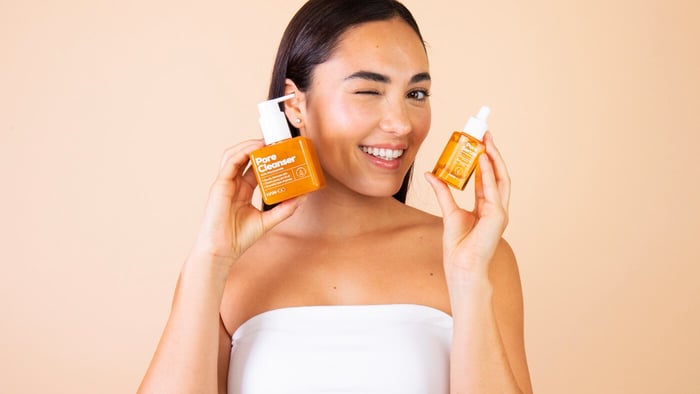A quick glance at the skincare aisle and you’ll find serums for all types of skin concerns with a variety of different ingredients. There’s anti-aging serums, brightening serums, hydrating serums, and so much more. And lots of them tout super star ingredients like Retinol, Ceramides, Hyaluronic Acid, and Niacinamide.
With a wide range of options it can get confusing when trying to figure out what’s best for your skin concern and also works with your skin type. Unfortunately, not all skin types can use the same types of ingredients. If you have sensitive skin you probably know this all too well.
Most serums tend to fall into one of the following categories:
Anti-Aging Serums
Lots of anti-aging serums on the market highlight ingredients like Retinol, Collagen, and Peptides to help smooth the look of fine lines and wrinkles. Typically this type of serum is applied in your nighttime routine, especially Retinol serums (to avoid sun sensitivity). When used over time anti-aging serums can help improve the firmness of the skin to help smooth out texture and signs of aging.
But, not everyone really needs an anti-aging serum in their routine, especially if you’re still a teen. Typically, Collagen begins to break down in the skin starting in your mid to late 20s. So if you really want to do some preventative care you can try incorporating an anti-aging serum to your routine at this stage. Other than that if you’re looking to treat existing fine lines and wrinkles you can also look into adding this type of serum to your current routine.
As mentioned earlier, anti-aging serums include the hero ingredient Retinol. But, depending on skin type, Retinol may not be suitable for all. For sensitive or dry skin types, you likely have to start off using a Retinol product slowly and noting your skin’s reaction to ensure that there are no negative effects (like dryness and flaking). But if your skin simply can’t tolerate Retinol at any level then you do still have lots of other options like Collagen, Peptides, and Hyaluronic Acid.
Brightening Serums
Hyperpigmentation can affect just about any skin type and tone. This can show up as patches of discolored spots or post-blemish marks that stay long after a pimple has disappeared. Brightening serums work to fade the look of dark spots and even the skin tone overtime.
Discoloration can pop up differently on different skin tones. On darker skin tones, hyperpigmentation tends to show up as brown to dark brown spots on the skin. On lighter skin tones discoloration can appear as pink or red-colored spots.
Luckily, some of the same ingredients can treat both types of discoloration. Ingredients like Niacinamide, Vitamin C, and Tranexamic Acid all help treat the darker-colored spots as well as the pinkish-red spots that can pop up on the skin. Using brightening serums over time can help fade the discoloration that can stay behind after acne has cleared up.
Exfoliating Serums
Exfoliating serums are used to help improve skin texture, clear up clogged pores, and treat blemish-prone skin. These types of serums include popular exfoliating ingredients like AHAs and BHAs to help slough off dead skin, excess oil, and dirt that can accumulate on the skin and in pores.
If you have acne-prone skin, oily skin, and/or clogged pores, exfoliating serums can help remove gunk trapped in pores that can lead to acne. Regularly exfoliating, up to three times a week, can help keep your skin clear of pore-clogging elements and smooth rough texture.
Exfoliating serums are made with exfoliating acids including popular ones like Salicylic and Glycolic Acid. BHAs like Salicylic Acid can get deep into pores to flush out dead skin and oil while AHAs like Glycolic Acid exfoliate on the surface to smooth out bumpy texture. Our Pore Serum combines both Salicylic and Glycolic Acid to achieve that pore-deep and surface level exfoliation. But also similar to popular anti-aging ingredients, some exfoliating ingredients can be harsh for sensitive or dry skin types so always limit use of exfoliating serums to avoid sensitization.

Hydrating Serums
Regardless of skin type, the skin always needs to have some form of adequate hydration to better protect the skin. A lack of hydration can emphasize dry patches, large pores, and without proper moisture in the skin, the skin may try to overcompensate with an overproduction of oil. Hydrating serums help maintain moisture in the skin and support the skin barrier.
While it’s more obvious that hydrating serums most benefit dry skin types, oily skin types also need to keep the skin hydrated. You may think that if you have oily skin, then your skin doesn’t need any hydration on top of that. But, hydrating serums can help keep oily skin from overproducing sebum and regulate excess oil.
A popular ingredient in lots of hydration serums is Hyaluronic Acid since it helps prevent moisture loss and keeps the skin hydrated. Other beneficial ingredients include Ceramides and Panthenol to help restore the skin, keep it moisturized, and strengthen the skin barrier.
Lastly…
If you want to add serums to your routine, remember that depending on the type and function of the serum you may only need to use it a few times a week. And, to choose the best serum for your skin, always take a look at the ingredients and keep in mind your skin type to avoid any unwanted reactions.

